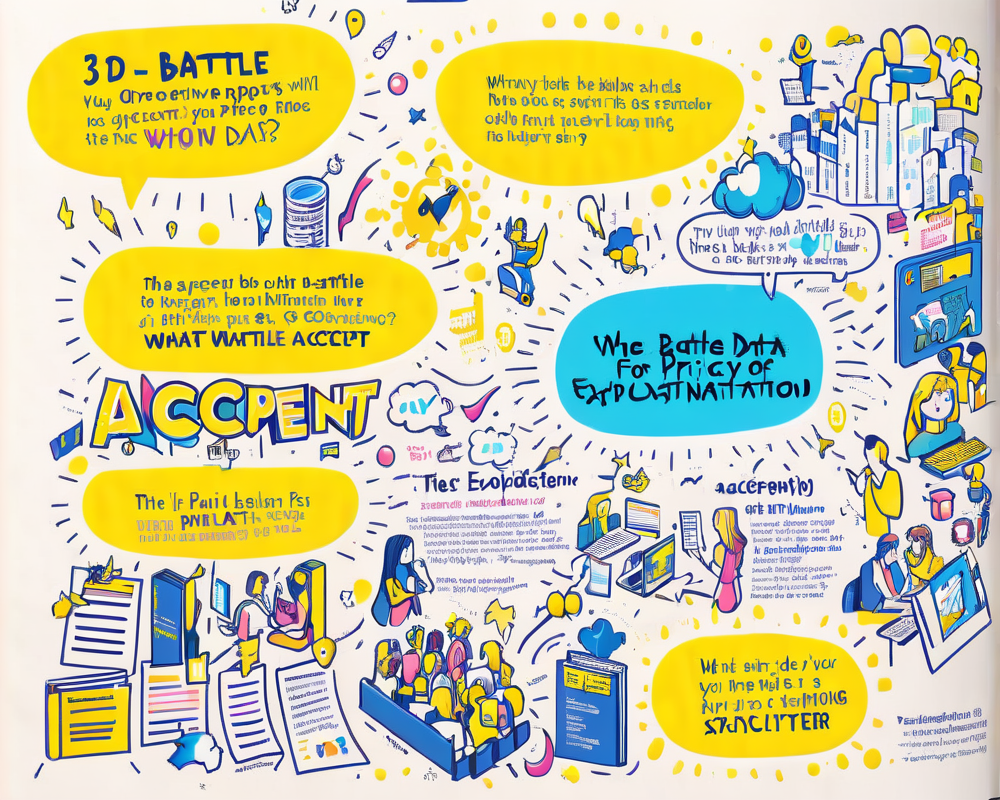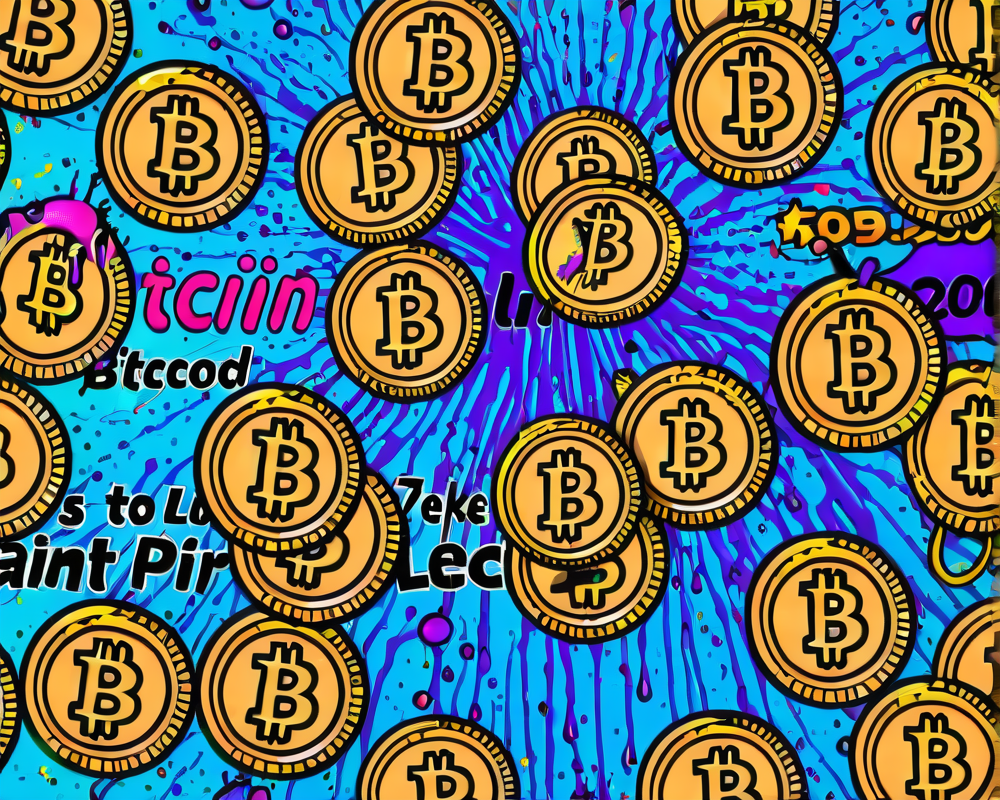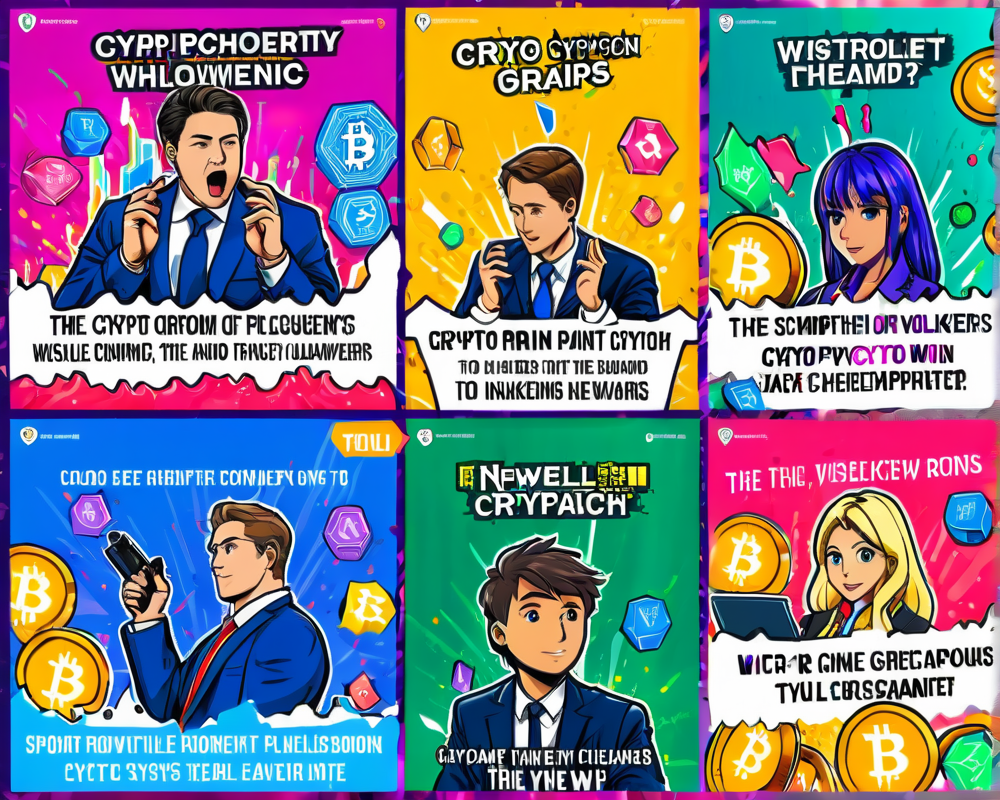A Long Road of Data Disclosure
It’s hard to believe it’s been almost seven years since Edward Snowden opened Pandora’s box on global surveillance, revealing that the NSA was not just spectating but actively engaging in a game of digital hide-and-seek with our information. Suddenly, the very fabric of our privacy was yanked, and the public was left to wonder: how many eyes are watching my emails and texts? It wasn’t just the NSA; it was like a tech version of fowl play.
The Facebook Fiasco and the Data Drama
Fast forward to two years ago: the Cambridge Analytica scandal exploded like a piñata full of privacy violations, piquing public interest—and maybe a bit of outrage—over user data harvesting for political manipulation. Facebook, caught with its hand in the cookie jar, had allowed third-party companies to smoothie up our private messages. Yet, in a world where Facebook’s users climbed from 2.41 billion to 2.45 billion in three short months, did this outrage translate into action? Nope.
The Illusion of Choices
Despite the undeniable awareness of how our data is harvested, from snooping ads to stalking companies, our reluctance to leave these platforms can be boiled down to a simple confession: we just don’t see any alternatives. It’s like being in a bad relationship—everyone knows it’s unhealthy, but the comfort of familiarity is a hard habit to break. We settle for the status quo, crossing our fingers that maybe, just maybe, our messages aren’t being litigated over like Judge Judy’s docket.
The Riddle of Residence
If you think monitoring your privacy settings and opting for encrypted apps are sufficient, think again. Even those slick, shiny encrypted apps are traipsing in and out with your metadata. And funny enough, metadata does not come with a digital “do not disturb” sign. It not only reveals your messaging habits but also lays bare the times, parties involved, and even the location. Talk about a revealing narrative!
The Hope of Decentralization
The answer lies in something glamorous yet complicated: decentralization. Enter blockchain technology—the digital superhero our privacy needs. With decentralization, we can communicate more securely, shredding the metadata that companies so voraciously exploit. The gist is: if companies can’t profit off our data, they might start treating us like actual customers instead of products. Precomputation tech would allow us to shoot messages faster than a speeding bullet—but with protection tighter than a drum.
Facing the Fear and Choosing Freedom
What prohibits other companies from plumbing into metadata shredding? Well, it isn’t rocket science; it contradicts their economic interests. The fear of being sidelined for prioritizing real consumer privacy and freedom over data-driven profits looms large. But worry not! Thanks to advancements in user-friendly tech, the day when privacy becomes a priority rather than an afterthought is drawing closer.
The Takeaway: A Cultural Shift on the Horizon?
We stand on the brink of a cultural change that could redefine how personal data is handled. The ball is rolling for user-oriented decentralized technologies that embrace metadata shredding, allowing us to reclaim our privacy from the hands of data slingers. So as we watch the digital landscape evolve, let’s remember: embracing better solutions doesn’t mean giving up; it means transitioning into an era that values our freedom more than our data-driven profits!




